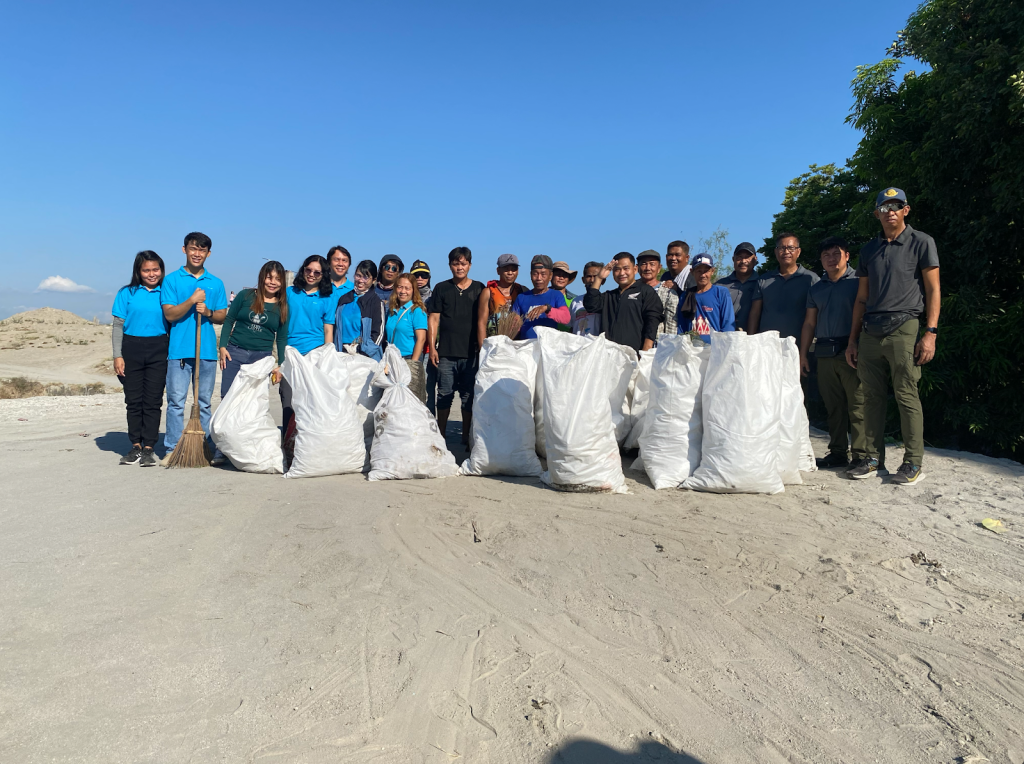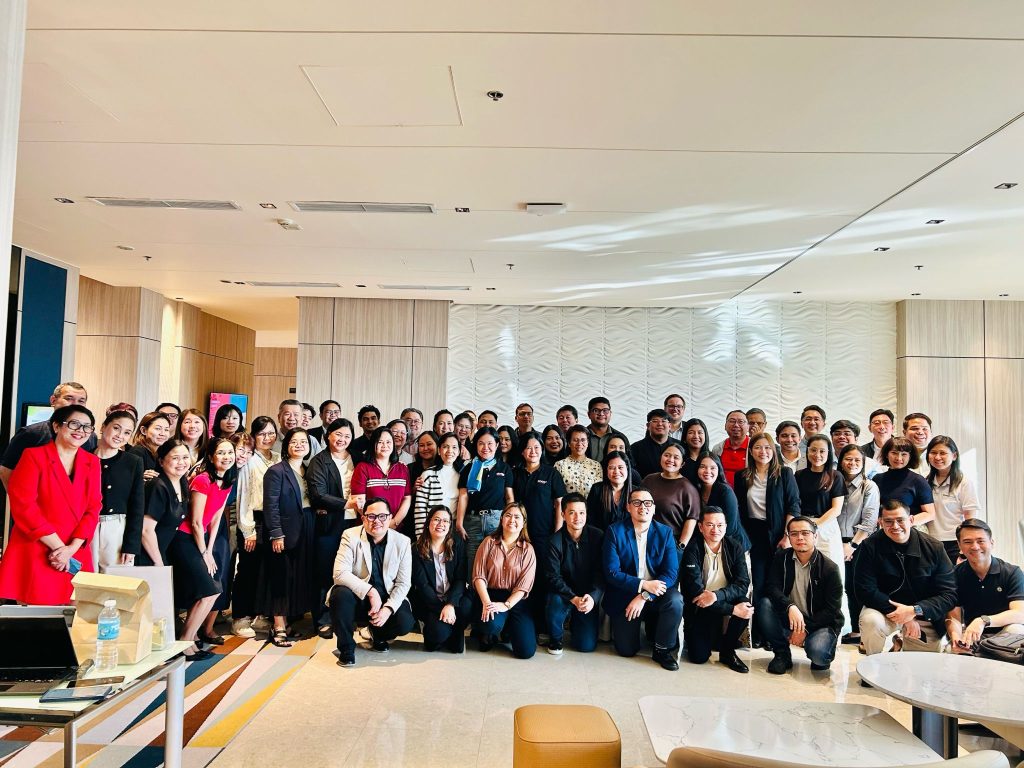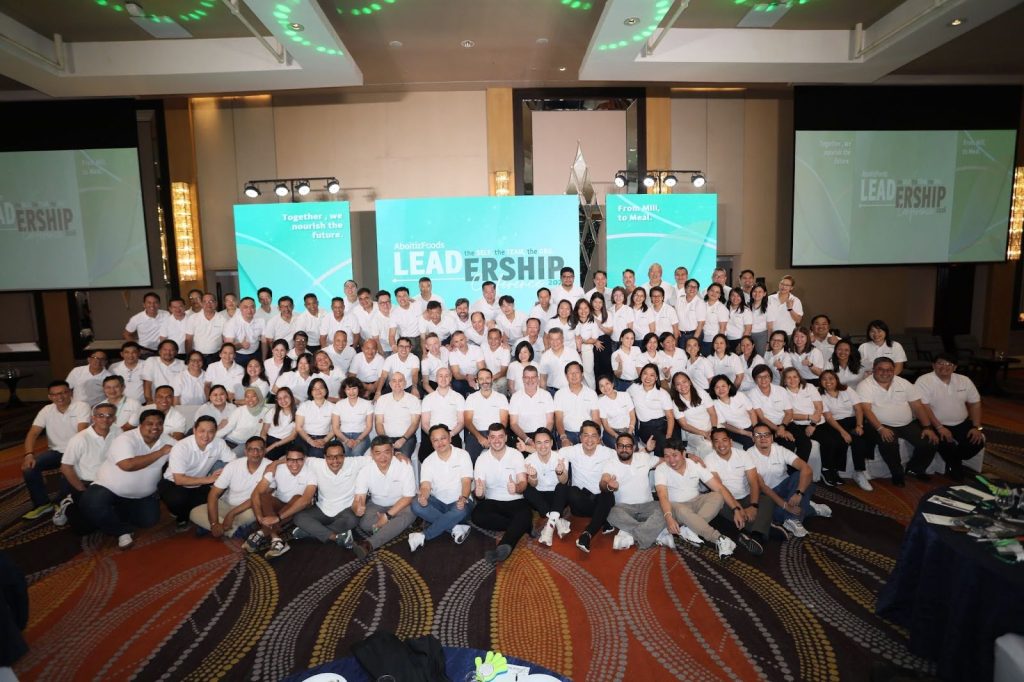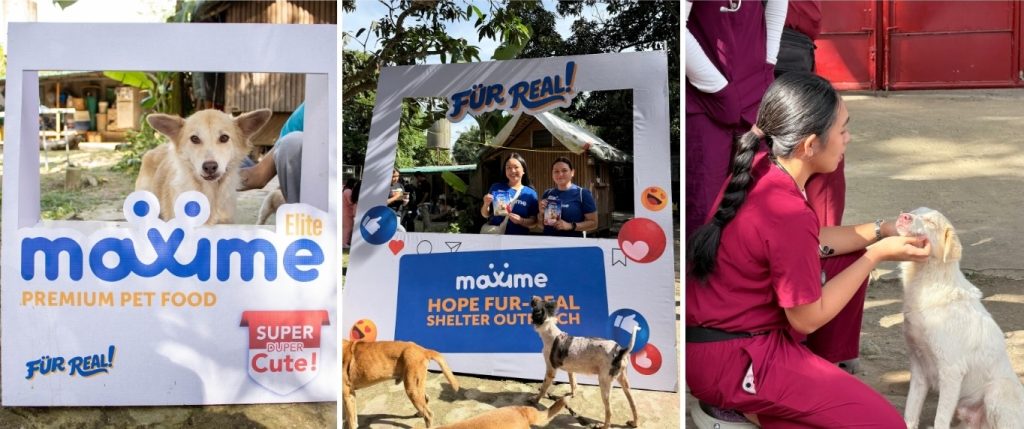MANILA, Philippines — Demonstrating steady progress in its sustainability journey, Aboitiz Foods, the food and agribusiness arm of the Aboitiz Group, surpassed the Philippines’ Extended Producer Responsibility (EPR) Law plastic recovery targets by more than 300% in 2024. The company recovered the equivalent of 326.42% of its rigid plastic footprint and 63.8% of flexible plastics, well above the government’s 40% recovery target for that period.
This success is part of its broader commitment to responsible business, driven by its #everymeal advocacy to create a positive impact across every stage of the value chain, from mill to meal. From responsible sourcing and sustainable packaging to community engagement and environmental stewardship, #everymeal reflects how the company strives to nourish people, animals, and communities in a more responsible and sustainable way.
“Our purpose goes beyond business,” said Annacel Natividad, Chief Risk Officer at Aboitiz Foods. “This progress reflects our commitment to doing things right and always striving to do better. #everymeal is our ongoing promise to produce food and feed responsibly. We’re proud that our efforts are not just ticking boxes, but creating real, lasting impact in the way we operate.”
Rethinking packaging and driving results
Aboitiz Foods prioritized packaging reform as a key strategy. This strategy is closely aligned with the Philippines’ EPR Law, which mandates companies to be responsible for the proper and environmentally sound management of their product packaging throughout its lifecycle, particularly after consumption.
Packaging remains the largest source of plastic use across Aboitiz Foods’ operations, covering a wide range of products from animal feeds to flour. In recent years, Aboitiz Foods has taken deliberate steps to reduce its packaging footprint by introducing lighter packaging using 20% less plastic, shifting to bulk formats in some product lines, and implementing bulk truck loading systems across several feed mills in the Philippines.
from animal feeds to flour, making it a key focus for sustainability efforts.
Take, for example, soybean meal, the second-largest raw material in Aboitiz Foods’ feed production. Previously transported entirely in bags, it is now loaded directly onto trucks using fixed pipes or recycled one-ton tote bags. This shift significantly reduces single-use packaging, saves thousands of woven bags each year, and improves operational efficiency.
Beyond packaging, Aboitiz Foods repurposes used packaging into unique items like bags, aprons, pouches, and shirts, giving materials a second life while engaging employees and communities in sustainability efforts.
One example of how Aboitiz Foods gives new life to packaging materials
At the same time, the company is making steady progress in renewable energy, reforestation, and waste reduction. In 2024, Aboitiz Foods planted over 7,600 trees, generated more than 16.2 million kilowatt-hours of solar energy, and produced over 10.3 million tons of biomass. It also reused, upcycled, or properly disposed of 1,100 metric tons of plastic, and achieved more than USD 165,000 in savings through waste reuse initiatives.
Scaling sustainability beyond borders
While this significant progress in plastic recovery was measured in the Philippines, Aboitiz Foods views it as a strong foundation for its broader, long-standing commitment to responsible packaging and resource management across all its markets. With operations across Asia, including in Vietnam and China, the company has long been exploring and implementing packaging and recovery strategies, and is now identifying ways to tailor and replicate these efforts across different regulatory environments.
At Gold Coin Feed Dongguan, the team launched a recycling program that transforms used packaging waste into valuable resources, diverting 211 metric tons from landfill in 2024 alone. This initiative also provides a steady income for low-income community members, reinforcing Aboitiz Foods’ commitment to advancing the circular economy and social impact across its Asian operations.
“Our teams throughout Asia are identifying the most relevant sustainability opportunities for their local operations and communities,” explained Natividad. “At the same time, we’re building stronger internal systems to monitor, track, and eventually scale these efforts. It’s a long road, but this milestone gives us a strong foundation.”
Plastic pollution remains a critical global issue, with the Philippines among the top contributors to ocean-bound plastic waste. By exceeding national EPR targets and embracing circular economy principles, Aboitiz Foods is playing its part in evolving industry standards.
With the EPR Law’s targets rising to 80% by 2028, Aboitiz Foods is doubling down on its commitment to act responsibly and make steady progress.
“More than compliance, this progress is about taking responsibility,” added Natividad. “We’re doing our part to manage what we produce and to ensure it does not end up harming the communities and ecosystems we are part of.”
Frequently Asked Questions:
- What is the Philippines’ Extended Producer Responsibility (EPR) Law?
The EPR law mandates that companies are responsible for the proper management of their product packaging throughout its lifecycle. This includes making sure that packaging, especially plastic, is recovered and handled in an environmentally sound way after consumers are finished with it.
- How did Aboitiz Foods perform against the 2024 EPR targets?
Aboitiz Foods significantly surpassed the 2024 EPR targets. The company recovered more than 300% of its rigid plastic footprint and 63.8% of flexible plastics, well above the government’s 40% recovery goal for that year.
- What is the #everymeal advocacy?
#everymeal is Aboitiz Foods’ flagship ESG (environmental, social, and governance) campaign. It’s a commitment to creating a positive impact at every stage of their value chain, from sourcing ingredients to packaging and community engagement. The campaign highlights their goal to responsibly nourish people, animals, and communities.
- How is Aboitiz Foods reducing its plastic use?
The company has implemented several strategies to reduce its plastic footprint. This includes using lighter packaging with 20% less plastic, shifting to bulk formats for some products, and introducing bulk truck loading systems for raw materials like soybean meal. They are also repurposing used packaging into new items like bags and aprons.
- Is Aboitiz Foods’ sustainability commitment limited to the Philippines?
No, their commitment extends beyond the Philippines. While the recent plastic recovery success was measured in the Philippines, Aboitiz Foods is actively working on similar sustainability efforts in all its markets across Asia, including Vietnam and China. They are exploring ways to adapt and scale these initiatives to fit different local regulations and needs.
- What are other sustainability efforts mentioned in the article?
In addition to plastic recovery, the article highlights several other initiatives. In 2024, the company planted over 7,600 trees, generated more than 16.2 million kilowatt-hours of solar energy, and reused or repurposed 1,100 metric tons of plastic. It also launched a recycling program in China that diverted 211 metric tons of packaging from landfills.




